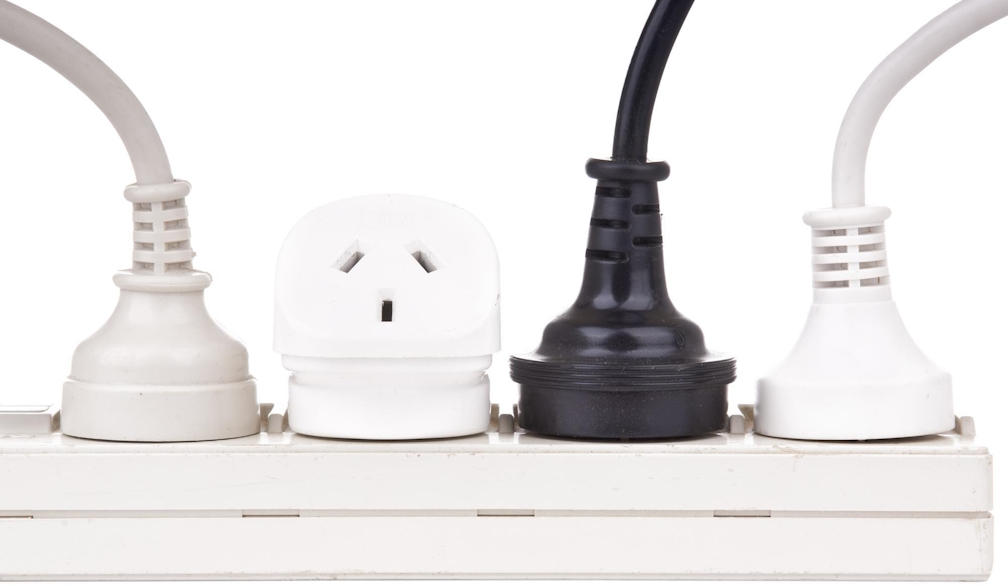Choosing the Right Extension Cords: A Comprehensive Guide

Extension cords are an everyday utility that plays an instrumental role in assisting us with power delivery to our devices. Being able to choose the right extension cord is a vital task, highly significant to safety and efficiency. This article provides a comprehensive guide to mastering the art of selecting the appropriate extension cords, discussion on their functionality, important considerations during selection, understanding of cord gauge and length, safety tips, and some of today’s top-rated cords in the market.
Understanding Extension Cords
An extension cord, often referred to as an extension lead or power extender, is a length of electrical power cable with a plug on one end and one or more sockets on the other end. Extension cords come in various types such as general office/home use cords, heavy-duty cords for appliances with higher power ratings, and weather-resistant cords designed specifically for outdoor use.
They work by conducting electricity from a power source to powered devices. The choice of the right extension cord is vital as it affects not only the performance and lifespan of the connected devices but also the safety of the user and the environment.
Things to Consider When Choosing Extension Cords
When selecting an extension cord, make sure to take into account the length required, the devices or appliances that will be connected, and the location of use.
The length should ideally be just sufficient for your requirement as the longer the cord, the more the power loss. It goes without saying that you need to ensure that the cord you're selecting can handle the power requirements of the appliances you plan to use it with.
Safety should always be paramount. For instance, if you're going to need the cord for outdoor use, ensure it's weather-resistant. Remember, also, to always follow the rules of power board safety, always unplugging cords from the socket when not in use.
Understanding Cord Gauge and Length
Cord gauge refers to the size of the wires in the extension cord. It impacts how much power can be carried safely through the cord. A lower gauge number signifies a thicker wire and greater capacity.
The length of the cord also affects the power capacity. Longer cords suffer more voltage drop over their length that could underpower your devices. Therefore, understanding your needs and making an informed decision on cord gauge and length is essential.
Safety Tips for Using Extension Cords
The improper use of extension cords could lead to hazardous situations, including fire risks and electric shocks. Always ensure to use cords that are rated for the power requirements of your devices and avoid 'daisy chaining' - plugging one extension cord into another.
Overheating, discolouration, or fraying are some overload warning signs to be aware of. If your extension cord is displaying any of these signs, it should be replaced immediately. Regular inspection and maintenance such as cleaning and proper storage can prolong the life of your extension cords.
Top-Rated Extension Cords in the Market
There are numerous highly-rated extension cords available with different features such as cord length, gauge, number of outlets, and safety ratings.
Selecting the right one would depend on individual needs and requirements. The criteria for selection should be based on factors such as quality, durability, price, energy efficiency, and features that align with your specific usage scenarios.
Conclusion
Selecting the right extension cord is a process that requires careful consideration of various factors. It impacts efficiency and longevity of the devices, as well as safety of the user.
Arming oneself with the knowledge regarding different aspects like cord gauge and length, power requirements, and safety tips can make this process easier. Next time you're in the market for an extension cord, be sure to apply the pointers from this guide.
Don't hesitate to share your experiences or ask questions about extension cords - remember, knowledge is power when it comes to safety and efficiency!









